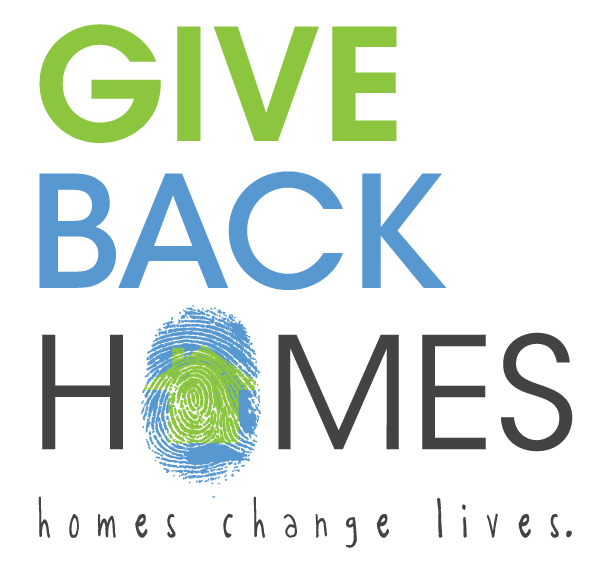
The coronavirus crisis has ravaged not only the nation’s economy, driving down the stock market and pushing roughly 16 million people into unemployment, but its psyche as well. And the housing market has not escaped unscathed.
With more Americans out of work and worried about the security of their jobs in addition to their health, home buyer interest has fallen sharply, according to 90% of Realtors® surveyed in the National Association of Realtors® Flash Survey: Economic Pulse. About 6,000 real estate professionals participated in the survey, which was conducted from April 5 to April 6. Roughly 45% of respondents said buyer interest had plunged by more than half. Just 2% said they had seen an increase in eager buyers.
“The housing market is going to be stalled for the spring,” says Jessica Lautz, NAR’s vice president of research. “Buyers and sellers are not necessarily buying and purchasing right now unless they have to. They’re delaying the process for a couple of months.”
More than half of Realtors, 59%, said buyers are delaying their home-buying searches for at least a few months. And 13% said they’re seeing buyers postpone their searches and sellers hold off on listing their properties indefinitely.
“The sellers and buyers in the market today are extremely serious because they do need to make that transaction happen,” says Lautz.
They’re the ones that have to move due to a new job or other extenuating circumstances. Those who can wait out the pandemic are doing just that. But even those who do go through with their sales are experiencing delays. That’s to be expected, with most folks working from home and taking social distancing precautions.
Nearly a third of Realtors reported delays in obtaining financing were holding up transactions. Other culprits were home appraisals and inspections, final walk-throughs, in-person signature requirements, and title searches.
But real estate professionals expect that buyers will come off of the sidelines once the coronavirus is under control. Those trapped in their too-small apartments and starter homes will likely hit the market along with others who had been planning to buy until the virus temporarily derailed them.
“Realtors do expect there will be a rebound,” says Lautz. “We’re going to see demand coming out of this.”
Sellers are pulling their homes off the market
It’s not just buyers who are getting cold feet. Many sellers don’t want strangers, who could be COVID-19 carriers, in
their homes. They also don’t want to be moving house in the middle of a public health crisis.
About 80% of Realtors reported seeing fewer homes for sale – 14% said the number of listings fell by more than half.
“It’s only going to further reduce the limited inventory that was already available,” says Lautz. And instead of prices
going down, a severe housing shortage could “increase home prices.”
Those intrepid enough to continue to list their properties are taking more health precautions. Nearly three-quarters
have stopped holding open houses. That’s not surprising, as many states, cities, and multiple listing services have
prohibited them in light of the crisis. Almost half are requiring prospective buyers entering their homes to wash their
hands and use hand sanitizer. More than a third are insisting that buyers touring their abodes wear gloves.
“If they’re leaving their home on the market, they’re taking precautions,” says Lautz. “People are [opening] the windows
and cleaning the home before and after someone comes through.”
Home prices aren’t expected to plunge
Despite buyers’ hopes and dreams, most sellers aren’t reducing prices like they did around the Great Recession. While
roughly 63% of Realtors said buyers are expecting home prices to drop, just 27% of Realtors reported that their clients
cut prices.
“Because inventory has been tight for such a long period of time, we’re not expecting home prices to decline on a
nationwide scale,” says Lautz. “It’s not the same pattern [of an oversupply of homes for sale and a dearth of buyers]
that we did see before” when the housing market crashed more than a decade ago.
Renters are struggling during this crisis
Renters are also having trouble making their monthly housing payments, with many tenants losing jobs, hours, and income
as businesses shutter across the nation.
Around two-thirds of property managers and nearly half of individual landlords are encountering tenants who are having
difficulty paying their rents. About 46% of property managers and 27% of individual landlords were able to offer
accommodations to renters.
Only about 7% of property managers and 5% of individual landlords terminated leases as a result.
Source: Clare Trapasso – Realtor.com








